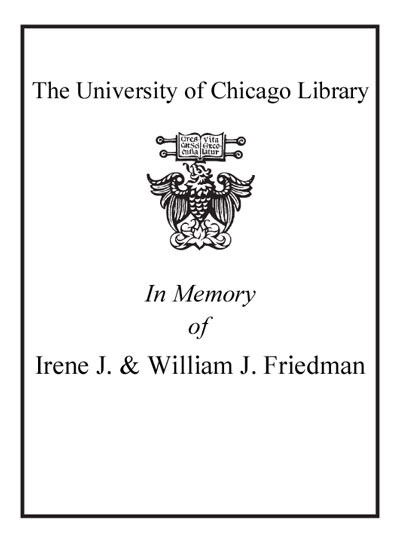Review by Booklist Review
This collection of essays by educators and linguists examines attitudes about speech that assign social hierarchy based on language. Dowdy, a Trinidadian, recalls the "colonized speaker" using the Queen's English to negotiate success while channeling real emotions through the native tongue, and Delpit explores the easy use of "code switching" among black youth speaking standard English and Ebonics as the occasion dictates. Among the other essayists, Geneva Smitherman advocates a national language policy urging teachers to respect the language spoken by their students; Asa Hilliard recounts the troubling history of prejudicial stereotyping of black Americans' speech; a British linguist explores the definition of standard and nonstandard English and the connections between dialects, accents, and social class in England; another linguist explores how the language of marginalized lower-income groups, including Appalachian whites, affects the educational treatment and expectations of teachers and school administrators. The book is aimed at helping educators learn to make use of cultural differences apparent in language to educate children, but its content guarantees broader appeal. --Vanessa Bush
From Booklist, Copyright (c) American Library Association. Used with permission.
Review by Publisher's Weekly Review
These 13 essays by teachers offer firsthand perspectives on the provocative issue of dialects in the classroom a controversy sparked by the notorious ebonics debates of the 1990s. Delpit (Other People's Children) and Dowdy, education professors at Georgia State University, have gathered both new and previously published pieces by distinguished educators like Herbert Kohl, Jules Henry and Victoria Purcell-Gates. The collection opens with personal essays by two teachers Dowdy, schooled in Trinidad, and Ernie Smith, from South Central Los Angeles who describe their own struggles to come to terms with the formal language of school and the nonvalidated language of home. Other essays move into the classroom, looking at how different teachers address questions of dialect and how students experience their instruction. The classrooms described range from kindergarten to high school to teacher training. While most of the essays focus on African-American language, there's also a piece by Michael Stubbs on students with working-class English or Scottish vernaculars in the U.K. and an article by Purcell-Gates that follows a poor white Appalachian boy in the public school system. Although these lucid, accessible pieces speak most directly to teachers and would-be teachers (including specific suggestions for instruction), the issues are broad enough to attract more general readers, especially parents concerned about questions of power and control in public schools. (Mar. 1) (c) Copyright PWxyz, LLC. All rights reserved
(c) Copyright PWxyz, LLC. All rights reserved
Review by Library Journal Review
When Delpit's 11-year-old daughter transferred from a small private school as its only African American female to a predominantly African American public-charter school, she switched dramatically from Standard to African American English. For her part, Dowdy was forced by her mother to imitate British English while growing up in Trinidad. Using these experiences as context, MacArthur award winner Delpit (Other People's Children; Ctr. for the Study of Adult Literacy; Georgia State Univ.) and Dowdy (Georgia State Univ., Atlanta) have gathered a series of essays exploring the link between language and identity and between language and cultural conflict. The essays written by Herbert Kohl, Gloria Ladson-Billings, Asa Hilliard, and Victoria Purcell-Gates, to name a few differ dramatically in approach and opinion, so it is hard to say what case they present regarding the use of Ebonics (or African American English) in schools. They are also divergent in quality; some include superficial comments that would not stand up under scrutiny, while others are better developed and include more cohesive remarks. Finally, the lack of references for most of the reminiscences and the absence of works beyond 1997 in the two-page selected reference list may limit the audience. Libraries that already own the more coherent and convincing Voices from the Language Classroom (edited by Kathleen M. Bailey & David Nunan) and Ian Tudor's The Dynamics of the Language Classroom both from Cambridge may skip this title, as it contributes little to this important debate. Leroy Hommerding, Fort Myers Beach P.L. Dist., FL (c) Copyright 2010. Library Journals LLC, a wholly owned subsidiary of Media Source, Inc. No redistribution permitted.
(c) Copyright Library Journals LLC, a wholly owned subsidiary of Media Source, Inc. No redistribution permitted.
Review by Booklist Review
Review by Publisher's Weekly Review
Review by Library Journal Review

